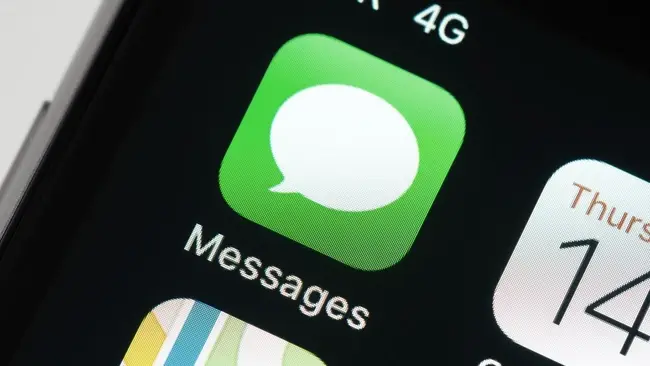
Apple has threatened to shut down iMessage and FaceTime in the UK after the release government proposal that would allow the home office to remove security features
Regulators are pushing for an update to the Investigatory Powers ACT (IPA) 2016 which would allow the Home Office can immediately block security features and demand messaging services to share security features with the Home Office before releasing them to users.
Currently, there has to be a review with an independent oversight process that allows tech companies to appeal government demands before being forced to take any action.
This means that features like end-to-end encryption are protected from the law, meaning that messages can only be read on the devices sending and receiving them.
According to Apple, however, the update would allow regulators to "install technology to scan for child-abuse material in encrypted messaging apps and other services – a requirement it says will weaken security on its messaging platforms and threaten end-to-end encryption.
Privacy ‘backdoor’
Apple says building this privacy "backdoor" into its services for government use could force it "to publicly withdraw critical security features from the U.K. market, depriving UK users of these protections."
It is just one of the latest tech companies to slam the UK government’s amendments to the Online Safety Bill, which would give the government to open up private messages to law enforcement in an effort to protect childrens' safety online.
In May, the heads of messaging platforms including WhatsApp and Signal signed an open letter urging the UK government to re-think its Online Safety Bill (OSB) due to concerns the bill could threaten users’ privacy.
“The [OSB] provides no explicit protection for encryption, “and if implemented as written, could empower Ofcom to try to force the proactive scanning of private messages on end-to-end encrypted communication services, nullifying the purpose of end-to-end encryption as a result and compromising the privacy of all users.
In short, the bill poses an unprecedented threat to the privacy, safety and security of every UK citizen and the people with whom they communicate around the world while emboldening hostile governments who may seek to draft copycat laws.”
The OSB, first introduced by former Prime Minister Boris Johnson, would allow Ofcom to be able to ask the platforms to monitor users for law enforcement and to down on illegal content such as child abuse images and terrorism being shared on the messaging apps.
However, critics say scanning for such content would be incompatible with the end-to-end encryption that is common protection offered by messenger apps.
"Global providers of end-to-end encrypted products and services cannot weaken the security of their products and services to suit individual governments. There cannot be a 'British internet' or a version of end-to-end encryption that is specific to the UK,” the letter states.
Apple joins WhatsApp in threatening to leave the UK because of these laws. WhatsApp CEO Will Cathcart threatened to leave the UK rather than submit to these requirements, stating that it would be forced to weaken encryption privacy protections.
“Ninety-eight per cent of our users are outside the UK,” he revealed to the Guardian. “They do not want us to lower the security of the product, and just as a straightforward matter, it would be an odd choice for us to choose to lower the security of the product in a way that would affect that 98 per cent of users.”








